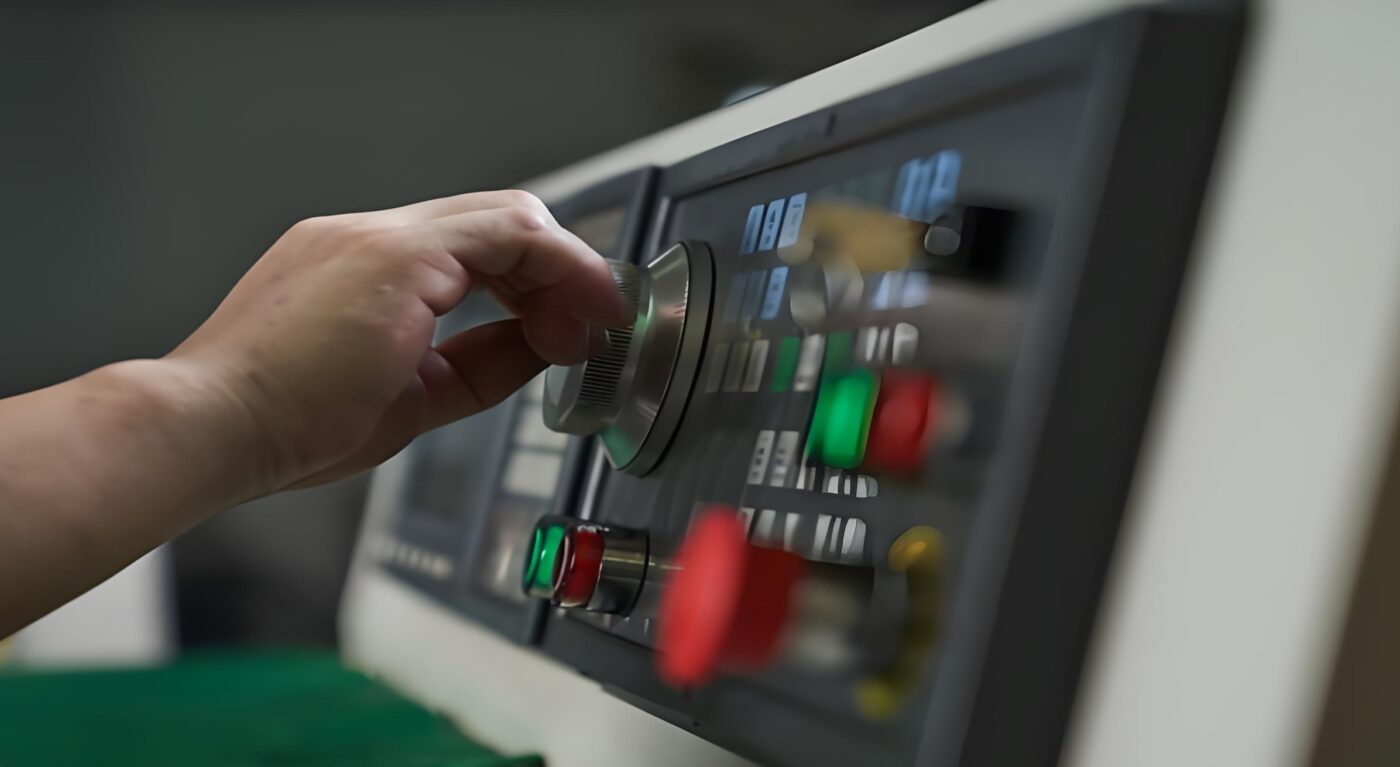In today’s era of rapid technological advancement, heat dissipation has become a critical challenge for ensuring the stable operation of countless devices. Among the solutions, aluminum heat sinks have emerged as a standout performer, leveraging their exceptional properties to dominate diverse industries.
1. Automotive Applications: Guardians of Thermal Management
Aluminum alloy heat sinks serve as the core component of a vehicle’s “thermal management system.” During prolonged operation, engines generate significant heat. Without efficient dissipation, this heat can degrade performance or even cause mechanical failures. Aluminum heat sinks excel here, ensuring engines maintain optimal temperatures for safe and stable driving.
Key advantages:
- High thermal conductivity for rapid heat transfer.
- Lightweight aluminum construction reduces overall vehicle weight.
- Corrosion resistance enhances durability in harsh environments.
2. Industrial Equipment: Powering High-Demand Environments
High-power aluminum heat sinks are indispensable in industrial settings. For example, in large data centers, servers operate continuously under heavy loads, generating immense heat. Aluminum heat sinks swiftly channel this heat away, preventing overheating-induced crashes and data loss.
Critical roles:
- Enabling stable server performance for uninterrupted data processing.
- Scalable designs to accommodate varying power requirements.
- Energy-efficient cooling solutions for sustainable operations.
3. Custom Extruded Solutions: Precision for Specialized Needs
Scientific research labs and precision instruments demand tailored thermal management. Custom extruded aluminum alloy heat sinks are engineered to fit unique shapes and exact temperature control requirements.
Benefits:
- Aluminum’s malleability allows intricate, application-specific designs.
- Optimized heat dissipation paths for sensitive equipment.
- Enhanced accuracy in maintaining stable thermal conditions.
4. Compact & Versatile Designs: Round Aluminum Heat Sinks
In space-constrained environments or installations with irregular layouts, round aluminum heat sinks shine. Their curved design maximizes airflow efficiency while fitting seamlessly into compact spaces.
Applications include:
- Electronics with limited internal space (e.g., drones, medical devices).
- Systems requiring directional airflow optimization.
5. Supporting Components: The Role of Heat Sink Junction Boxes
Though often overlooked, aluminum heat sink junction boxes are vital for circuit protection and stability. These components ensure secure electrical connections while complementing the heat sink’s primary function.
Key features:
- Robust aluminum housing for durability and heat resistance.
- Seamless integration with heat sink systems for holistic thermal management.
Conclusion
From everyday vehicles to cutting-edge industrial machinery, aluminum heat sinks—in their many forms—are the unsung heroes maintaining thermal equilibrium in our technology-driven world. Their versatility, efficiency, and adaptability make them indispensable across industries, safeguarding both performance and longevity.
Bold terms highlight the centrality of aluminum in these innovations, underscoring its role as the backbone of modern heat dissipation solutions.

